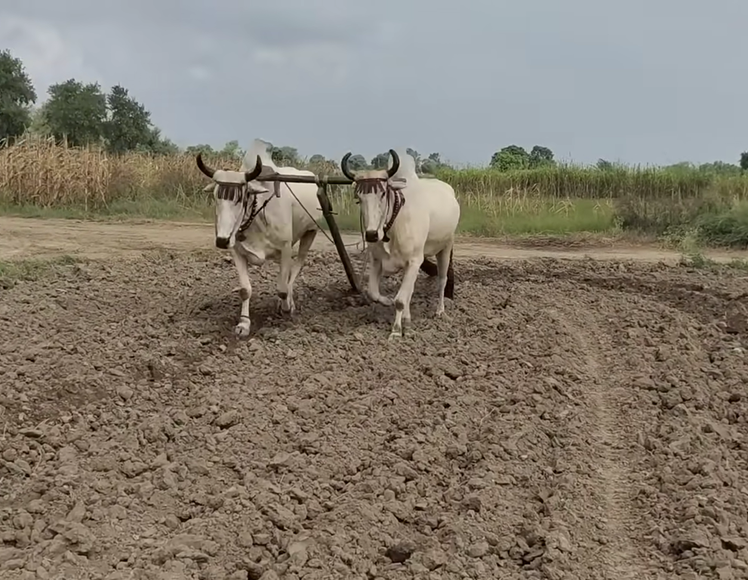In a world grappling with the imperatives of sustainable agriculture, the resurgence of natural farming practices emerges as a beacon of hope. A recent study featured in The Times of India has unveiled a groundbreaking discovery - natural farming doesn't just champion environmental well-being, but it also yields higher productivity. This revelation underscores the potential of harmonizing humanity's relationship with the land while meeting the growing demand for food security.
The Study has found that natural farming can produce higher yields than conventional farming. The study, conducted by the International Rice Research Institute (IRRI) in Andhra Pradesh, India, found that natural farming led to an average yield increase of 11% for paddy, maize, millet, finger millet, and red gram.
Natural farming is a sustainable agricultural practice that does not use chemical fertilizers or pesticides. It relies on natural processes to improve soil fertility and crop yields. The study found that natural farming can improve soil health by increasing the organic matter content and the number of beneficial microorganisms in the soil. This can lead to better water retention and nutrient availability, which can in turn lead to higher yields.
The study also found that natural farming can reduce the cost of production for farmers. This is because farmers do not have to purchase chemical fertilizers or pesticides, which can be expensive.
The study's findings are significant because they challenge the conventional wisdom that chemical farming is the only way to produce high yields. The study's findings suggest that natural farming can be a more sustainable and profitable way to farm.
Here are some other key findings from the study:
- Natural farming can improve the quality of food by reducing the levels of toxins and heavy metals in the soil.
- Natural farming can help to mitigate the effects of climate change by improving soil carbon sequestration.
- Natural farming can help to improve the livelihoods of farmers by reducing their costs of production and increasing their yields.
The study's findings are a welcome boost for natural farming, which is a growing movement around the world. Natural farming is seen as a way to address the problems of climate change, food security, and environmental degradation.
The study's findings also have implications for policy makers. Governments can promote natural farming by providing financial assistance and training to farmers. They can also create market incentives for farmers to produce food using natural farming practices.
Recent Comments
Recent Posts
-
 Study Reveals Higher Yields Through Natural Farming
April 16, 2024
Study Reveals Higher Yields Through Natural Farming
April 16, 2024
-
 Women Leading Himachal’s Natural Farming Movement
April 14, 2024
Women Leading Himachal’s Natural Farming Movement
April 14, 2024
-
 Over 7 Lakh Gujarat Farmers Adopt Natural Farming
April 12, 2024
Over 7 Lakh Gujarat Farmers Adopt Natural Farming
April 12, 2024
-
 Over 4 Lakh Hectares Embrace Natural Farming in 8 States
April 5, 2024
Over 4 Lakh Hectares Embrace Natural Farming in 8 States
April 5, 2024
-
 A Wardha Woman’s Journey to Successful Natural Farming
March 14, 2024
A Wardha Woman’s Journey to Successful Natural Farming
March 14, 2024
Categories
- Farming (9)
